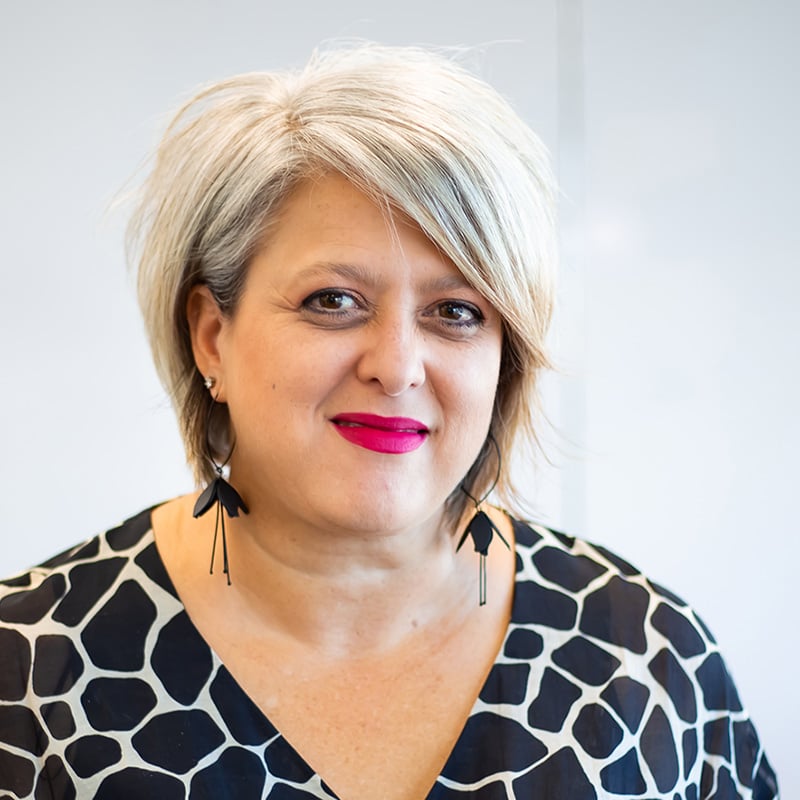International Women's Day is a global day to celebrate the social, economic, cultural and political achievements of women, and to accelerate progress toward gender parity both locally and worldwide.
International Women's Day 2021
Looking across Australia’s gender equality scorecard it’s encouraging to see that locally things are heading in the right direction, with women now occupying 40% of management roles, a steady increase in parental leave entitlements and a gender pay gap which is, albeit slowly, on the way to closing. While some industries are still clearly outperforming others when it comes to female participation and women continue to be overrepresented in the part-time workforce (60% of women are in casual or part-time roles compared with 33% of men), all in all, there are good indications that a lot of the big, institutional-level changes have been made or are at least now in progress.
With many of these legislative and organisational ‘rocks’ in place, one of the most critical remaining frontiers sits with individuals – we need to examine, challenge and re-write the historic social conditioning which influences our thinking and behaviours.
Social normalisation is something which we absorb slowly and largely subconsciously, which makes it a very hard influence to shake off. Everything that we have learned – whether it is through formal education, casual observation or entertainment – comes with a heavy dose of context, which through its patterns, its repetitions and omissions encourages us to recognise the same recurring stories and reach the same fundamental judgements that we have been fed in line with the dominant social views of our environment. This is part of the glue that creates shared identity and communities, so it’s not necessarily all bad, however the problem is that there’s a lot of gendered legacy stuff in there that can be very hard to pick out.
Thankfully, by and large, 2021 is an age where most of us are aware enough of this lens to question its obvious legacies and cheer loudly as some of these are gradually realigned (recent Disney princesses are doing a smashing job of re-imagining the goals they’re selling to young girls). Still, we need to cast the net wider.

Becoming champions of diversity
No business or setting benefits from a limited, homogenised perspective. Whether it’s split across gender, age, ethnicity, social background or any other demographic divide, a diverse group inherently yields different insights that lead to a better understanding of the situation, market and customer. However, this is a relatively new perspective and thus one which our generation’s leaders remind themselves of, rather than a reflexive truth referenced by everyone on every occasion.
To make sure we are imprinting better thinking on future generations, we need to weave this belief into both the obvious and subtle lessons they are taking in to reaffirm the value of diversity and how it helps us win. Whether it’s in how we mythologise heroes and their journeys, the way we assemble and lead sporting teams or how we go about structuring groups for school assignments – we need to reiterate the way in which differing perspectives help us to achieve success, at every opportunity we have. That is what it will take to ensure that we all reflexively seek to create balanced working environments across all industries and levels of seniority.
The challenge for us today, is to make sure we are playing our role in sharing this perspective, leading those discussions, talking to young people – male and female – and starting to roll that snowball.

Building the confidence of women
One of the prime areas we need to target is women’s belief in themselves. Progressing gender balance in most modern workplaces isn’t about getting organisations to rethink whether or not women belong on their boards or management teams – by and large, that work has already been done. The ongoing challenge is to keep shifting the proportionate gender balance in the right direction, which requires a steady stream of strong, confident female candidates stepping forward for those roles.
Women tend to be far more conservative when self-assessing how suitable or qualified they are for an opportunity compared with their male counterparts, who have been subtly conditioned to understand that confidence itself can be a fitting substitute where you don’t align perfectly with each and every checkbox of a role’s criteria. This self-doubt can often hold women back from applying, expressing interest or actively taking steps toward a pathway within their current role.
So how do we make women more confident? It’s something we need to tackle as a collective. As women, we must be brave in how we assess ourselves and we must be prepared to question; not our abilities, but the ways in which we hold ourselves back. Do not apologise for being ambitious and don’t shy away from being assertive or coaching yourself to present more confidently than you may feel.
Above all else, we must not underestimate the butterfly effect which can stem from our actions. Having the courage to apply, stepping into a new role, systematically challenging your own self-doubt – all of these things will have an impact on your friends, colleagues and the youngsters in your life. The steps you take will create a ripple which will expand further and further, helping to inspire more and more women, and contributing to a real generational change.

